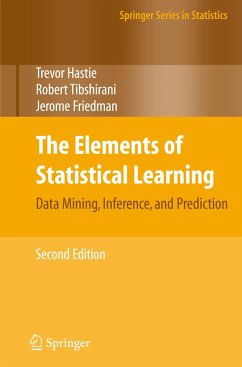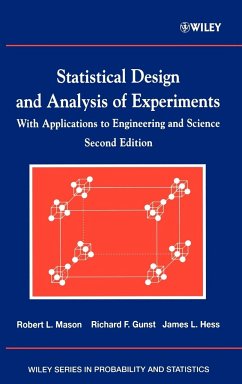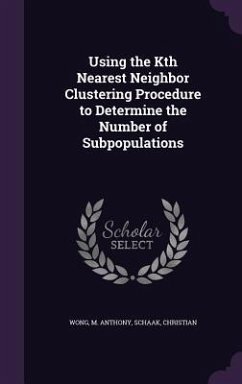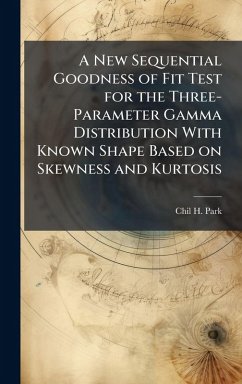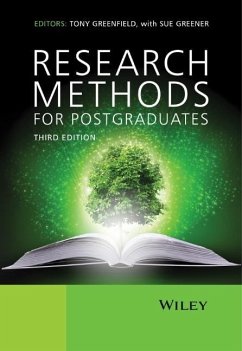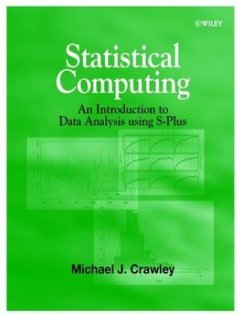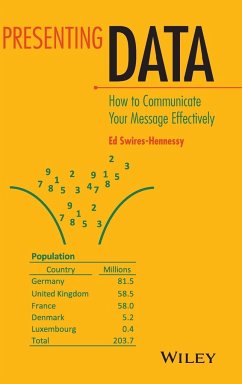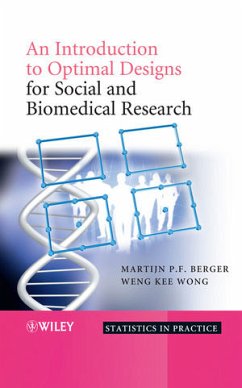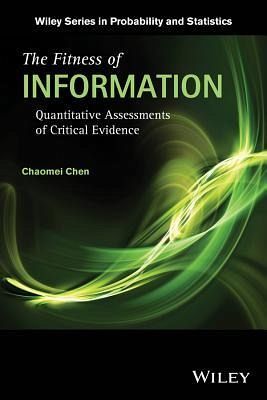
The Fitness of Information
Quantitative Assessments of Critical Evidence
Versandkostenfrei!
Versandfertig in über 4 Wochen
71,99 €
inkl. MwSt.
Weitere Ausgaben:

PAYBACK Punkte
36 °P sammeln!
Theories and practices to assess critical information in a complex adaptive system Organized for readers to follow along easily, The Fitness of Information: Quantitative Assessments of Critical Evidence provides a structured outline of the the key challenges in assessing crucial information in a complex adaptive system. Illustrating a variety of computational and explanatory challenges, the book demonstrates principles and practical implications of exploring and assessing the fitness of information in an extensible framework of adaptive landscapes. The book's first three chapters introduce fun...
Theories and practices to assess critical information in a complex adaptive system Organized for readers to follow along easily, The Fitness of Information: Quantitative Assessments of Critical Evidence provides a structured outline of the the key challenges in assessing crucial information in a complex adaptive system. Illustrating a variety of computational and explanatory challenges, the book demonstrates principles and practical implications of exploring and assessing the fitness of information in an extensible framework of adaptive landscapes. The book's first three chapters introduce fundamental principles and practical examples in connection to the nature of aesthetics, mental models, and the subjectivity of evidence. In particular, the underlying question is how these issues can be addressed quantitatively, not only computationally but also explanatorily. The next chapter illustrates how one can reduce the level of complexity in understanding the structure and dynamics of scientific knowledge through the design and use of the CiteSpace system for visualizing and analyzing emerging trends in scientific literature. The following two chapters explain the concepts of structural variation and the fitness of information in a framework that builds on the idea of fitness landscape originally introduced to study population evolution. The final chapter presents a dual-map overlay technique and demonstrates how it supports a variety of analytic tasks for a new type of portfolio analysis. The Fitness of Information: Quantitative Assessments of Critical Evidence also features: * In-depth case studies and examples that characterize far-reaching concepts, illustrate underlying principles, and demonstrate profound challenges and complexities at various levels of analytic reasoning * Wide-ranging topics that underline the common theme, from the subjectivity of evidence in criminal trials to detecting early signs of critical transitions and mechanisms behind radical patents * An extensible and unifying framework for visual analytics by transforming analytic reasoning tasks to the assessment of critical evidence The Fitness of Information: Quantitative Assessments of Critical Evidence is a suitable reference for researchers, analysts, and practitioners who are interested in analyzing evidence and making decisions with incomplete, uncertain, and even conflicting information. The book is also an excellent textbook for upper-undergraduate and graduate-level courses on visual analytics, information visualization, and business analytics and decision support systems. CHAOMEI CHEN, PhD, is a Professor of Informatics in the College of Computing and Informatics at Drexel University. He is the creator of the widely used software CiteSpace, and author of several other books. Dr. Chen's research expertise includes information visualization, visual analytics, quantitative studies of scientific literature, and theories of scientific discoveries.





